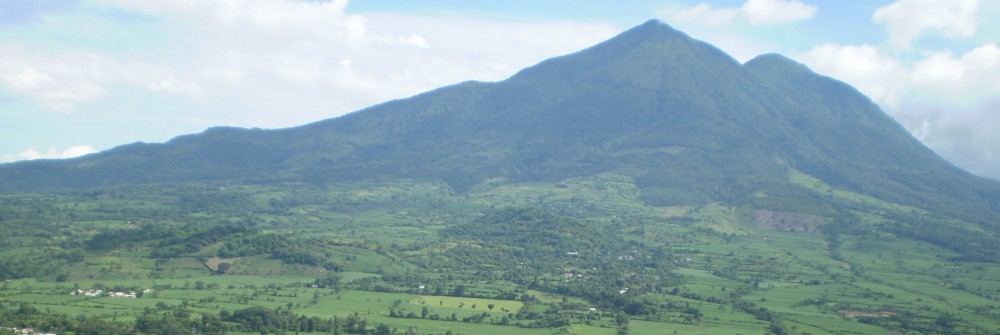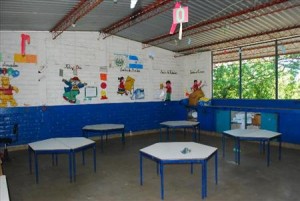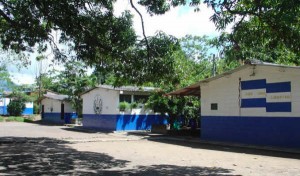-Tal vez podría haber sido un abogado o un doctor pero la situación no lo permitió.
“En lo que pienso cuando recuerdo mi niñez es la falta que me hizo mi madre cuando era pequeño.” (When I think of my childhood, the first thing that comes to mind is the loss of my mother.) No photographs remain of her and all his memories constitute stories told to him by his older sister. Due to childbirth complications, his mother passed away, leaving behind a little girl that also passed months after her death. Margarito, his father, had to take care of his nine children on his own. My father recalls living in una casa humilde-a simple house- that was made up of a dirt floor, wood foundation, and roof tile. He would witness his father’s trips to las milpas-fields- to plant the crops to succeed during harvest season. Many times my dad would join these trips and spend his days out in the field, so his father would not have to do everything by himself. He had to take on adult responsibilities very early in life because of the scarcity he experienced at home.
Upon asking him he responded that his biggest regret was not finishing his education because of his financial conditions. While he was only able to finish the sixth grade, he can still recall the memories of his first years in school.
“Los maestros eran humildes pero también exigentes y daban castigos muy pesados.” (The teachers were humble, but they were also very strict and sometimes punished harshly). One of the punishments he remembers is from a time when he stood with a brick on his head and his hands raised in the air, for a long period of time, since he had not completed his homework. Yet the preferred disciplinary tactic was a ruler, which teachers utilized to hit the students on their fingers, if they chose not to obey the rules of the classroom. Although my father’s experience with his teachers turned to be short-lived, since he was only able to complete a junior high level of education. Eventually the lack of economic resources affected his ability to keep studying because it became increasingly difficult to maintain an education with very few economic sources. From a young age, he had to walk an hour to school because he could not afford the bus fare. Only those children that held economic privileges were able to ride the bus to school or ride a horse to school, if possible. Lunch or breakfast was not served in school either and children had to wait until school was over to eat something. Though it was not all relaxation when he arrived home because he knew he had to help out with chores around the house, like sacar agua del pozo (take out water from the well) or help out at the milpas. Since my father was part of the morning group, which attended school from eight to twelve in the morning each day, he had to help out his father in the milpa when he got home from school.
This would occur in the afternoon when the sun was brutal and with a minimal amount of food in his stomach. He was only able to learn how to read and write. As he says, “pude aprender a leer y escribir que era lo mas importante.” (I was able to learn how to read and write, which are the most important skills I needed to know).



